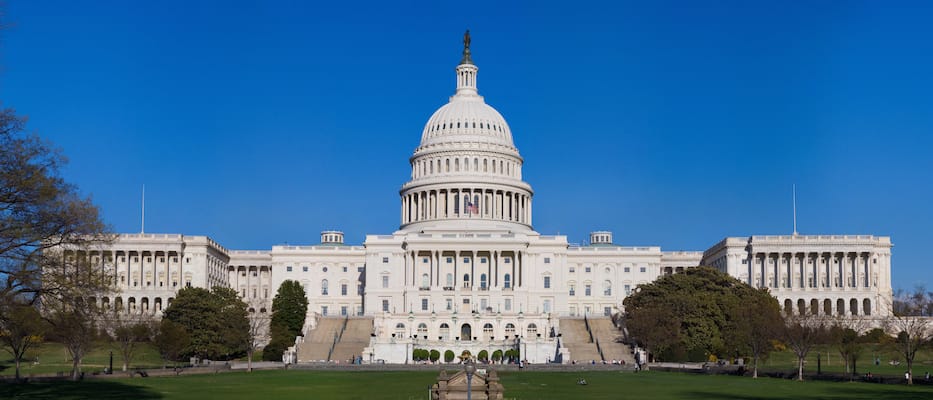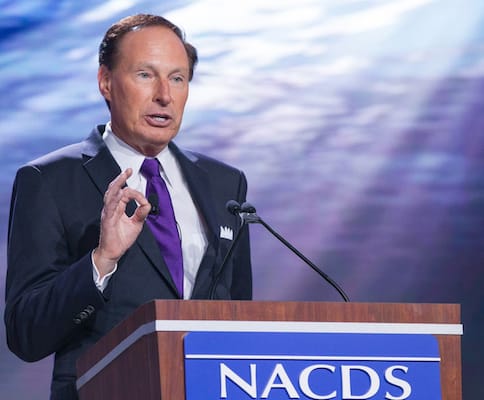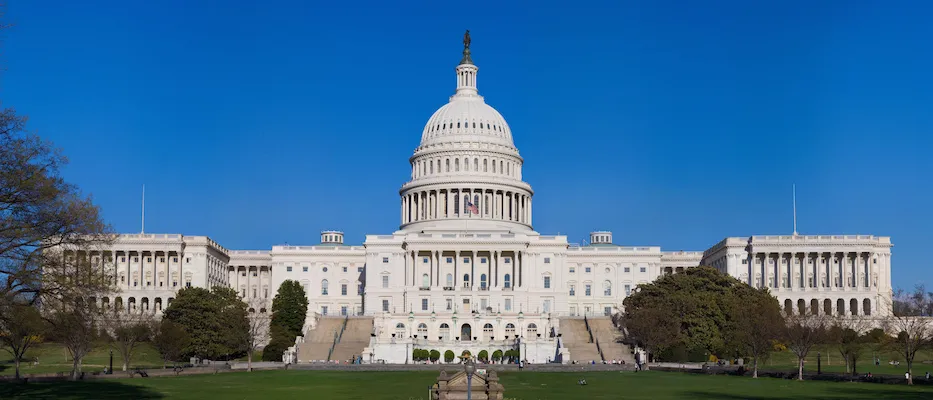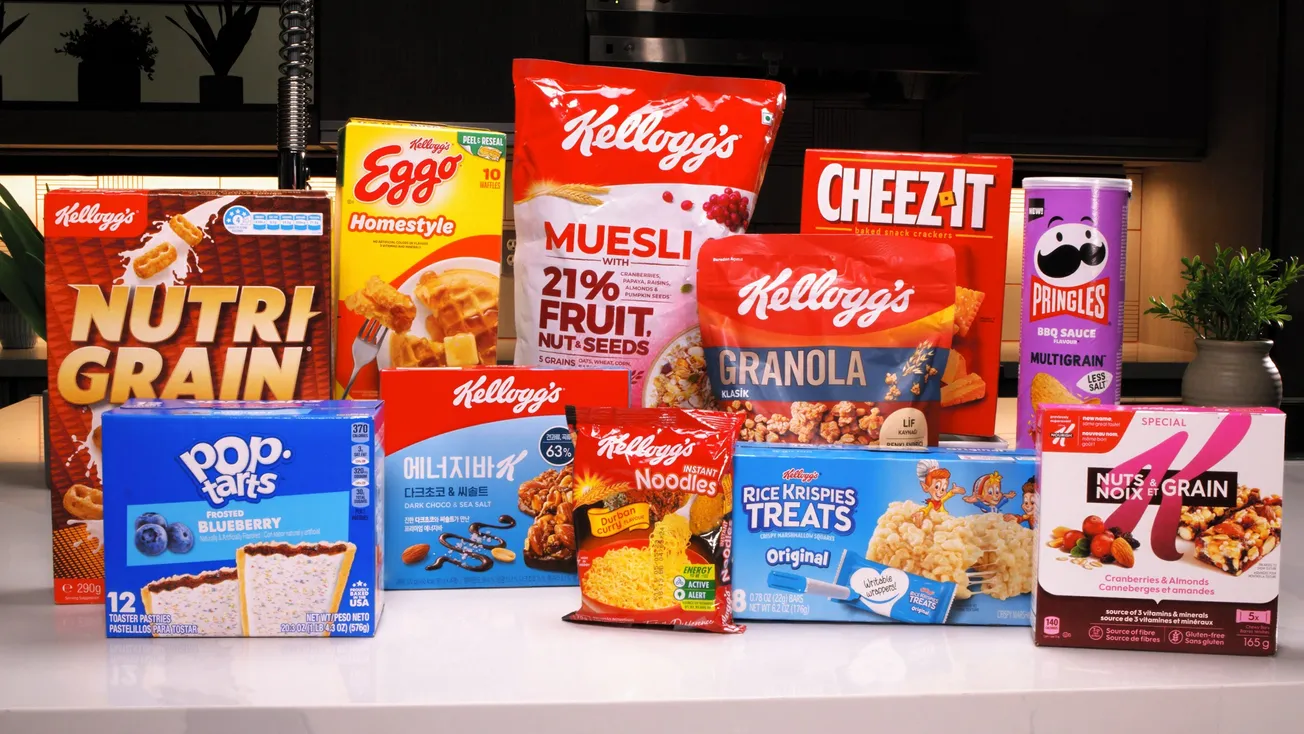
ARLINGTON, Va. — The chain drug industry upheld its base of pharmacy advocates in Congress despite “one of the most tumultuous election cycles in modern times,” said National Association of Chain Drug Stores president and chief executive officer Steve Anderson.
In a memo this week to NACDS members, Anderson said the bipartisan NACDS Political Action Committee engaged “at a high level” in the 2016 elections and its efforts paid off. Twenty-one candidates in the Senate supported by NACDS-PAC won, one candidate lost and one race has yet to be decided, representing a “winning percentage” of 91%. In the House of Representatives, 84 candidates backed by NACDS-PAC won and two lost, for a winning percentage of 98%.
“The NACDS-PAC winning percentage proved strong, despite the volatility of this year’s elections,” Anderson said in the memo. “It is often the case that a PAC will support incumbent members of Congress who have demonstrated strong support for particular issues, only to see a significant number of those individuals lose re-election due in part to a national tide, among other factors.”
Overall, the NACDS-PAC contributed to campaigns in 86 House races and in 23 of the 34 Senate races this year. Anderson reported that direct NACDS-PAC contributions and funds raised at NACDS-hosted events accounted for a $963,000 impact in the 2016 elections.

Steve Anderson
“When the 115th Congress gavels into session in January, NACDS will have a foundation of support for several of our key legislative priorities. Specifically, S. 314/H.R. 592, the Pharmacy and Medically Underserved Areas Enhancement Act, will have many returning supporters,” Anderson said.
“In the House, of the 293 cosponsors that signed on to the bill in the 114th Congress, at least 255 will be returning. In the Senate, where we currently have 51 cosponsors, 46 will be returning,” he noted. “While we clearly have a strong foundation laid for us to continue building momentum for this vital piece of legislation, we also have a lot of work to do to educate both the new members who will be coming to Washington as well as those who have not yet signed onto the legislation.”
Looking at specific campaigns supported by NACDS-PAC, Anderson said Rep. Buddy Carter (R., Ga.) won his election and remains the only pharmacist in the Congress, and Sen. Chuck Schumer (D., N.Y.) won re-election and stands to serve as the Senate Minority Leader after the retirement of Sen. Harry Reid (D., Nev.). Other key winners for NACDS, Anderson said, included “pharmacy champion” Sen. Chuck Grassley (R., Iowa), chairman of the Senate Judiciary Committee, and House Energy and Commerce Committee Chairman Fred Upton (R., Mich.), who has been a leader on issues such as the Comprehensive Addiction and Recovery Act.
“On the other hand, Sen. Mark Kirk (R., Ill.) lost his re-election bid to current Rep. Tammy Duckworth (D., Ill.). Sen. Kirk was a friend of pharmacy and a co-sponsor of S. 314, the Pharmacy and Medically Underserved Areas Enhancement Act. Lastly, current Rep. Todd Young (R., Ind.) won his bid for the Senate seat vacated by Sen. Dan Coats (R., Ind.),” Anderson stated.
“Generally, NACDS-PAC refrains from engaging in open Senate races like the one in Indiana, but Rep. Young has been a strong pharmacy champion while in the House and is an original sponsor of H.R. 592, the Pharmacy and Medically Underserved Areas Enhancement Act,” he said. “NACDS looks forward to continuing our strong relationship with Senator-Elect Young.”
With Donald Trump’s victory over Hillary Clinton for the presidency, Republicans edged out Democrats in Congress to hold a majority in both houses.
In the Senate, 34 seats were up for re-election this year, with Republicans winning 21 and Democrats 11, giving Republicans a a one-seat majority, pending too-close-to-call races in New Hampshire and Louisiana, Anderson said in his Nov. 9 memo. Sen. Mitch McConnell (R., Ky.) will remain Senate Majority Leader.
“House Democrats netted a total of at least seven seats on Tuesday night. Republicans will keep control of the House, but the Republican majority has shrunk slightly with a current partisan breakdown of 235 Republicans and 191 Democrats, with nine races still undecided,” Anderson said. “According to reports, Speaker of the House Paul Ryan (R., Wis.) may face a challenge to his leadership position.”









